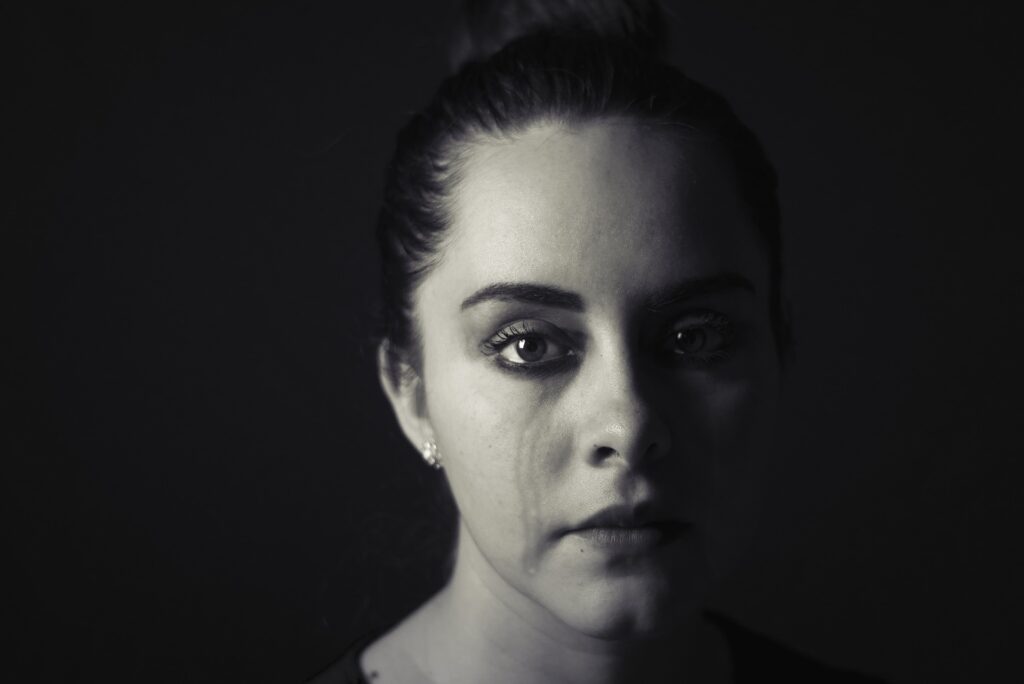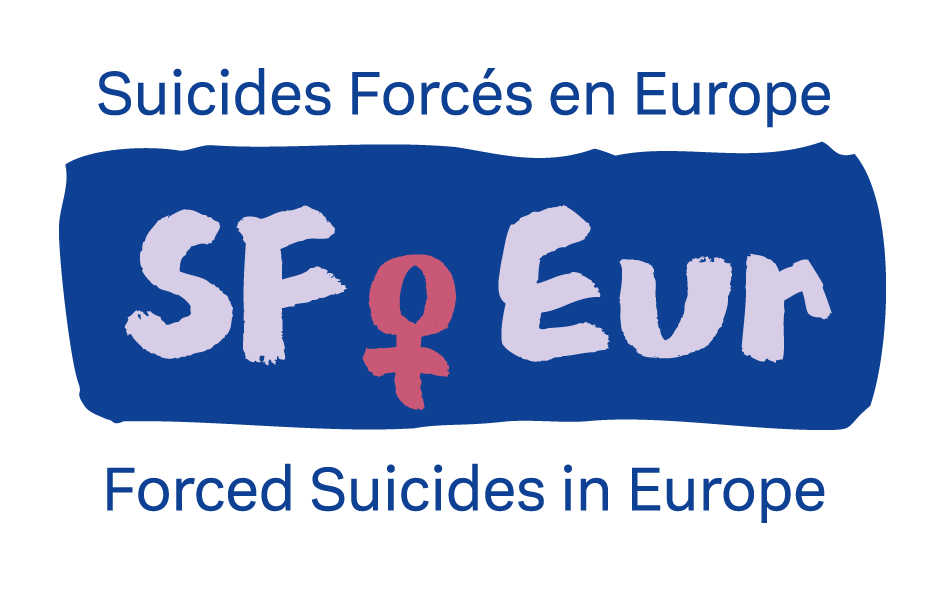
A policewoman
On November 11, 2011, Ms. S.K., police officer in Waremme, killed her daughter, tried to kill her son, attempted suicide, then committed suicide the following year after being put in an institution. She had previously suffered an accident at work, and upon her return had undergone an evaluation that apparently took place in a context of score-settling. The police officer was under continuous pressure for months according to several witnesses. The judgment denounces the following treatment suffered by the victim: sudden coldness, unusual distances marked, criticism and series of reproaches when returning from sick leave; humiliation in the presence of an offender during a request for justification concerning the drafting of a report of an offence; organization of a hurtful evaluation procedure in an unsettled atmosphere.
The two superiors of Mrs. S.K. werefound criminally responsible for the acts of harassment that led her to commit such acts and to commit suicide. The defendants were prosecuted for, among other things, degrading treatment and moral harassment of Mrs. S.K.: involuntary manslaughter of Mrs. S.K.’s daughter; involuntary manslaughter of Mrs. S.K.; and involuntary assault and battery of Mrs. S.K. and her son.
The decision of the Court of Appeal, considering that the facts are part of the “in a dynamic of collective suicide”, concluded that these injuries would not have occurred without the criminal misconduct imputed to the hierarchical superiors. In other words, the Court’s decision specifies that the psychological state of the policewoman, at the time of the act, is a state resulting from the malicious treatment she received from her superiors. Given this, the judgment legally justified the existence of a causal relationship between the acts of harassment and the charges of homicide and manslaughter.
This ruling is a very important step forward in the fight against mobbing in the workplace since the link between inappropriate actions and mobbing and the resulting consequences (homicide, attempted suicide and then suicide) has been retained by the Supreme Court.


